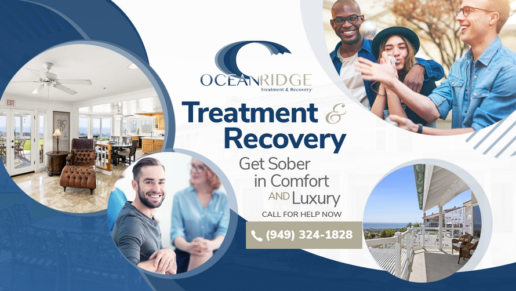About 449 Recovery
If you’re looking for treatment for a substance use or mental health disorder in sunny Mission Viejo in picturesque Orange County, California, 449 Recovery is one option. They offer modern, clinical treatment for men and women with addictions and co-occurring mental health issues, and they partner with many insurance providers for in network coverage. They have partial hospitalization and outpatient programs.
The programs focus on evidence based practices integrated with holistic healing. In the partial hospitalization program (PHP), you’ll live at home but attend treatment during the day. The daily structure is similar to an inpatient program with 5-8 hours of treatment per day. You’ll attend at least five days per week. You’ll participate in group and individual therapy. They use behavioral therapy to address your addiction and uncover underlying issues.
Many people with substance use disorder have underlying co-occurring mental health issues. A few of these are anxiety, depression, and bipolar disorder. While in therapy, your therapist will help you identify co-occurring disorders so you can learn to manage those as well. Some of the other therapies you’ll use are cognitive behavioral therapy (CBT), acceptance and commitment therapy (ACT), and stress reduction therapy.
The intensive outpatient program (IOP) doesn’t take as much time as the PHP, but it’s still 4-5 days per week for 4-6 hours a day. It includes many of the same therapies as the other programs.
The outpatient program is the least intensive program. If you need to work or go to school, you can fit those in while attending the outpatient program. You’ll build a good support network while maintaining your independence and flexibility. Like the other programs, you’ll have individual and group therapy. You’ll learn about addiction and work on relapse prevention strategies. Medication management is also available.
One former client stated that the staff was nice and caring. Another said the program was awesome, with amazing staff that really care.
Latest Reviews
Rehab Score
Gallery
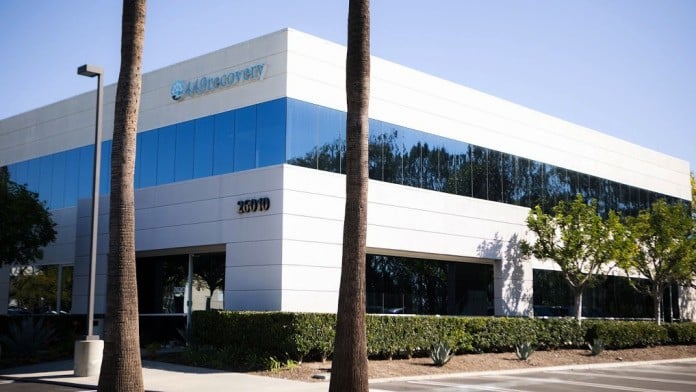
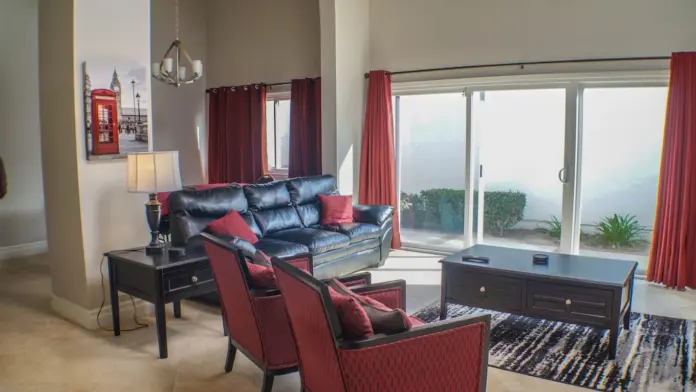
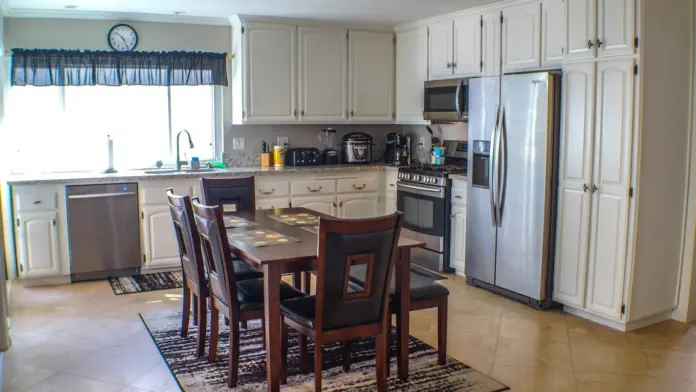
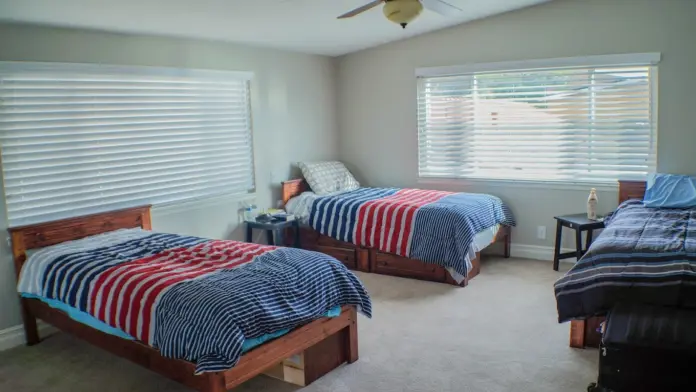
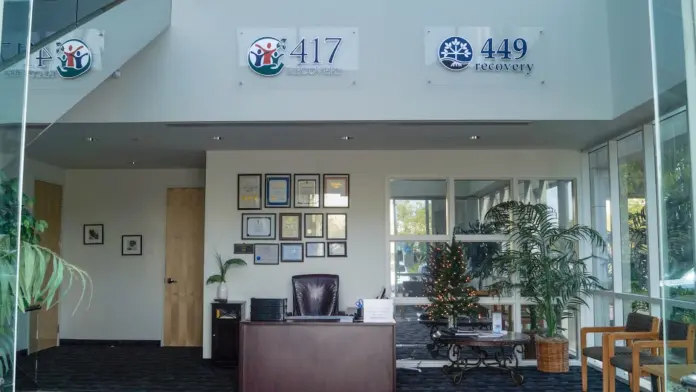
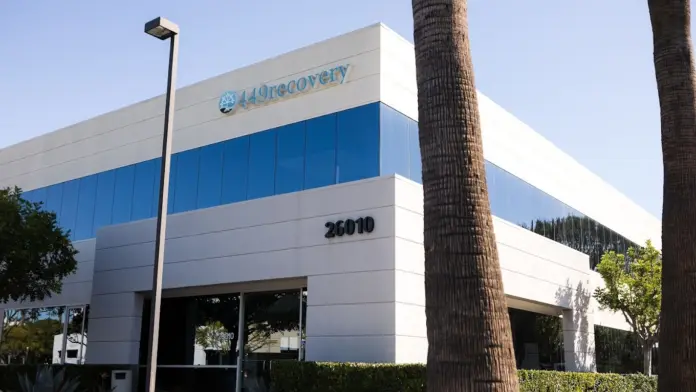
Location
Accepted Insurance
Other Forms of Payment
Private insurance refers to any kind of healthcare coverage that isn't from the state or federal government. This includes individual and family plans offered by an employer or purchased from the Insurance Marketplace. Every plan will have different requirements and out of pocket costs so be sure to get the full details before you start treatment.
Self-pay involves paying for treatment out of your own pocket. You can use savings or credit, get a personal loan, or receive help from family and friends to fund your treatment. If you don't have insurance or your insurance plan doesn't cover a specific program, self-pay can help ensure you still get the care you need.
Addiction Treatments
Levels of Care
Treatments
The goal of treatment for alcoholism is abstinence. Those with poor social support, poor motivation, or psychiatric disorders tend to relapse within a few years of treatment. For these people, success is measured by longer periods of abstinence, reduced use of alcohol, better health, and improved social functioning. Recovery and Maintenance are usually based on 12 step programs and AA meetings.
Drug rehab in California teaches participants constructive ways to stay clean and sober. Treatment revolves around helping individuals stop using the substance they are addicted to and learn healthy habits to avoid relapse.
Many of those suffering from addiction also suffer from mental or emotional illnesses like schizophrenia, bipolar disorder, depression, or anxiety disorders. Rehab and other substance abuse facilities treating those with a dual diagnosis or co-occurring disorder administer psychiatric treatment to address the person's mental health issue in addition to drug and alcohol rehabilitation.
A combined mental health and substance abuse rehab has the staff and resources available to handle individuals with both mental health and substance abuse issues. It can be challenging to determine where a specific symptom stems from (a mental health issue or an issue related to substance abuse), so mental health and substance abuse professionals are helpful in detangling symptoms and keeping treatment on track.
Opioid rehabs specialize in supporting those recovering from opioid addiction. They treat those suffering from addiction to illegal opioids like heroin, as well as prescription drugs like oxycodone. These centers typically combine both physical as well as mental and emotional support to help stop addiction. Physical support often includes medical detox and subsequent medical support (including medication), and mental support includes in-depth therapy to address the underlying causes of addiction.
Programs



Clinical Services
Often referred to as CBT, is an approach used most often with clients with underlying, untreated depression. It guides clients through solving the problems regarding their behavior and thought patterns that are no longer useful in sobriety. Cognitive Behavioral Therapy (CBT) is a therapy modality that focuses on the relationship between one's thoughts, feelings, and behaviors. It is used to establish and allow for healthy responses to thoughts and feelings (instead of unhealthy responses, like using drugs or alcohol). CBT has been proven effective for recovering addicts of all kinds, and is used to strengthen a patient's own self-awareness and ability to self-regulate. CBT allows individuals to monitor their own emotional state, become more adept at communicating with others, and manage stress without needing to engage in substance abuse.
Dialectical Behavior Therapy (DBT) is a modified form of Cognitive Behavioral Therapy (CBT), a treatment designed to help people understand and ultimately affect the relationship between their thoughts, feelings, and behaviors. DBT is often used for individuals who struggle with self-harm behaviors, such as self-mutilation (cutting) and suicidal thoughts, urges, or attempts. It has been proven clinically effective for those who struggle with out-of-control emotions and mental health illnesses like Borderline Personality Disorder.
Group therapy is any therapeutic work that happens in a group (not one-on-one). There are a number of different group therapy modalities, including support groups, experiential therapy, psycho-education, and more. Group therapy involves treatment as well as processing interaction between group members. 449 recovery groups are expressive in nature and are designed to help the recovering addict deal with social events, express their feelings, and better describe their most difficult challenges. They believe there is no single approach that is better than another. While they have a basic foundational approach through the various elements of our 449 plan, the plan itself lends room for a large amount of variety for their group therapy.
The private counseling sessions at 449 recovery give the patient an opportunity to express things they may be uncomfortable discussing at a group level. It also provides the chance to vent their frustrations and give their counselor an opportunity to gauge their progress. When an individual takes part in a drug addiction counseling program, he or she has the opportunity to address the psychological component of his or her dependency. This is one of the key areas that keep people from using drugs or alcohol again following their treatment program.
Used to establish goals for the client and to weigh the pros and cons of change within themselves. Counselors use non-judgmental, open-ended questions to assist clients to identify and take action on habits that may be detrimental to sobriety. Motivational Interviewing (MI) is a clinical approach to helping people with substance abuse issues and other conditions shift behavior in positive ways. It is more goal-oriented than traditional psychotherapy, as MI counselors directly attempt to get clients to consider making behavioral change (rather than wait for them to come to conclusions themselves). Its primary purpose is to resolve ambivalence and help clients become able to make healthy choices freely.
The goal of couples therapy in California is to strengthen the couple's relationship. The therapist may take one or more approaches to counseling which may include the Gottman method, emotionally focused therapy, behavioral therapy, and psychodynamic couple's therapy.
Research clearly demonstrates that recovery is far more successful and sustainable when loved ones like family members participate in rehab and substance abuse treatment. Genetic factors may be at play when it comes to drug and alcohol addiction, as well as mental health issues. Family dynamics often play a critical role in addiction triggers, and if properly educated, family members can be a strong source of support when it comes to rehabilitation. Most often used during 449 recovery family group therapy sessions. The client is asked to recall how they felt about their family growing up. Peers are assigned to roleplay as family members while the focus client arranges them in a sculpture based on their emotions. The process is cathartic for both the client as well as the family and peers, and guides the processing of past trauma.
The goal of creative arts therapy in California is to encourage growth and transformation. It can be used in individual and group settings with both children and adults. Options include movement, music, and painting.
Experiential therapy is a form of therapy in which clients are encouraged to surface and work through subconscious issues by engaging in real-time experiences. Experiential therapy departs from traditional talk therapy by involving the body, and having clients engage in activities, movements, and physical and emotional expression. This can involve role-play or using props (which can include other people). Experiential therapy can help people process trauma, memories, and emotion quickly, deeply, and in a lasting fashion, leading to substantial and impactful healing.
Amenities
-
Private Setting
Accreditations

The Commission on Accreditation of Rehabilitation Facilities (CARF) is a non-profit organization that specifically accredits rehab organizations. Founded in 1966, CARF's, mission is to help service providers like rehab facilities maintain high standards of care.
CARF Accreditation: Yes

The National Association of Addiction Treatment Providers (NAATP) is a professional association that represents organizations in the field of addiction services. Founded in 1978, NAATP's mission is to advance addiction services and ensure that high-quality addiction treatment is available and accessible.
NAATP Member: Yes
Contact Information
26010 Acero
Suite 100
Mission Viejo, CA 92691






